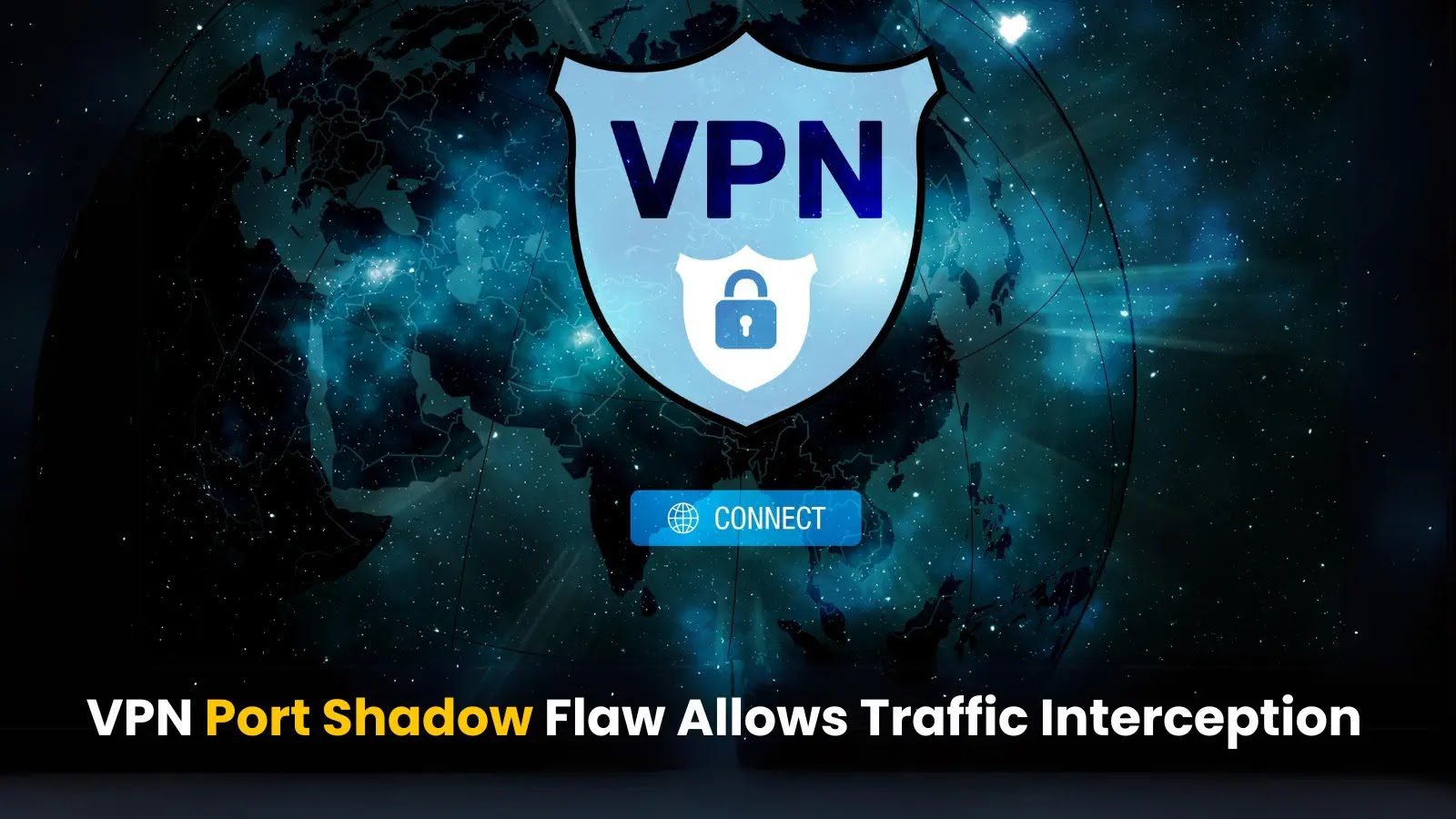The Future of IoT Gateways: Bridging Devices for Seamless Connectivity
The future of IoT gateways holds significant promise as these devices play a crucial role in bridging the gap between IoT devices and the cloud, ensuring seamless connectivity and efficient data transfer. Several trends and advancements are expected to shape the future of IoT gateways:
- Edge Computing Integration:
- IoT gateways will increasingly incorporate edge computing capabilities to process data closer to the source, reducing latency and bandwidth usage. This enables faster decision-making and enhances overall system efficiency.
- 5G Connectivity:
- The advent of 5G networks will have a profound impact on IoT gateways. With higher data transfer speeds, lower latency, and increased device density, 5G will enable more real-time and mission-critical applications for IoT, transforming how IoT gateways handle data.
- Security Enhancements:
- Security remains a top concern in the IoT landscape. Future IoT gateways will focus on implementing robust security measures, including encryption, secure boot mechanisms, and improved authentication protocols to protect against cyber threats and ensure data integrity.
- Interoperability Standards:
- The IoT ecosystem comprises a diverse range of devices from different manufacturers. Future IoT gateways will adhere to standardized protocols and communication frameworks, promoting interoperability and easing integration challenges across various devices and platforms.
- AI and Machine Learning Integration:
- IoT gateways will increasingly leverage AI and machine learning algorithms to analyze and process data at the edge. This enables the extraction of valuable insights from the vast amount of data generated by IoT devices, leading to more intelligent and context-aware decision-making.
- Energy Efficiency:
- To support the proliferation of battery-powered IoT devices, future IoT gateways will focus on energy efficiency. Low-power hardware components, optimized communication protocols, and advanced power management techniques will be employed to extend the lifespan of battery-operated IoT devices.
- Containerization and Virtualization:
- Containerization and virtualization technologies will play a significant role in the future of IoT gateways. These technologies enable the deployment of modular and scalable applications, making it easier to update, manage, and scale IoT gateway functionalities.
- Enhanced Analytics and Predictive Maintenance:
- IoT gateways will evolve to provide advanced analytics capabilities, enabling businesses to gain deeper insights into their operations. Predictive maintenance algorithms will become more sophisticated, helping organizations anticipate and address potential issues before they result in downtime.
- Simplified Management and Orchestration:
- The management of large-scale IoT deployments can be complex. Future IoT gateways will offer improved management and orchestration tools, allowing administrators to monitor, configure, and update devices seamlessly.
- Customization and Modular Design:
- IoT gateways will move towards more customizable and modular designs, allowing organizations to tailor these devices to their specific needs. This flexibility will support a wide range of applications across various industries.
In conclusion, the future of IoT gateways is characterized by a combination of edge computing, advanced connectivity, enhanced security, and intelligence. These advancements will contribute to building a more robust and efficient IoT ecosystem, driving innovation across industries.





